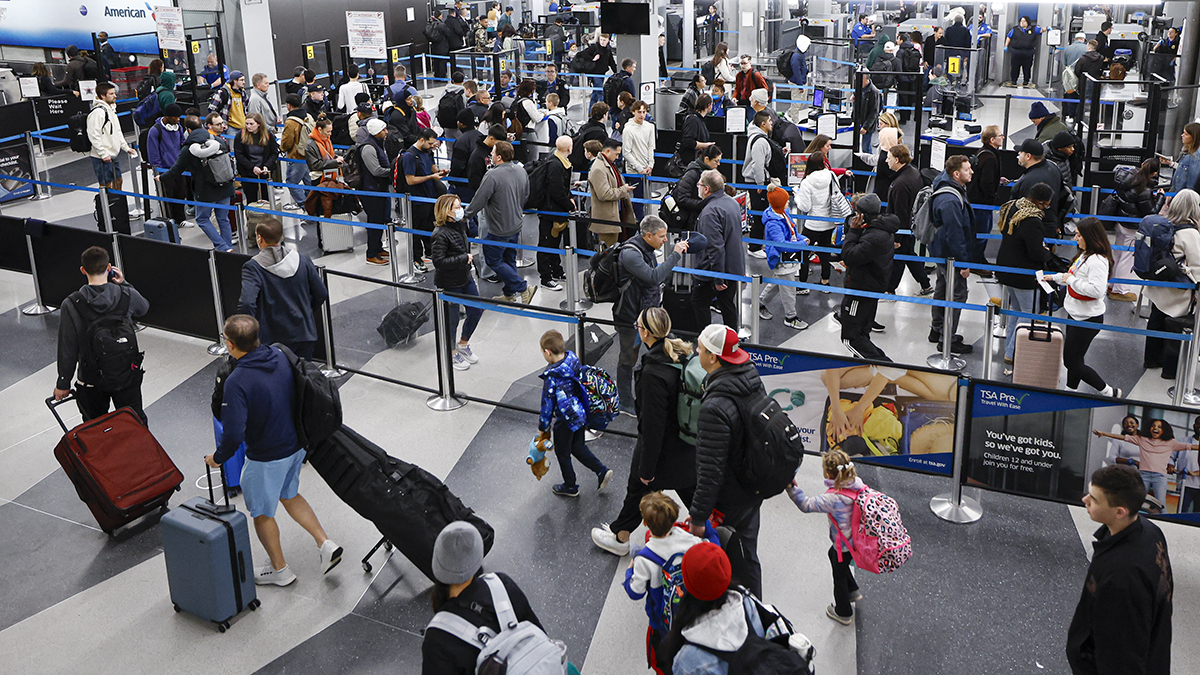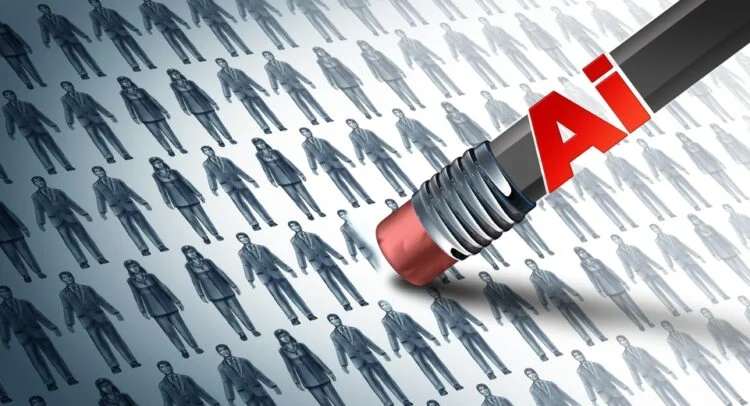Government Shutdown Puts U.S. Air Travel Under Strain as Controllers Work Without Pay

The U.S. government shutdown is now in its fourth week, and pressure on the aviation system is increasing every day. Thousands of airport workers, including air traffic controllers and TSA officers, are still on duty but are not being paid.
Airlines warn the situation is becoming serious. Delta Air Lines says the shutdown is costing it nearly $1 million per day, but the financial hit is not the main concern. The airline says safety and staffing shortages are the real risk. Without enough controllers, fewer flights can move through the system safely, leading to delays and bottlenecks.
Across the country, airports are already struggling. Nearly half of the nation’s busiest airports have reported staff shortages in control towers. In New York, some facilities are operating with up to 80% fewer controllers than normal. This means flights take longer to depart and land, and schedules are slowing down nationwide.
The strain is visible for travelers. More than 8,000 U.S. flights were delayed on one recent day, and airlines expect disruptions to get worse as travel demand picks up. Holiday travel, which starts soon, could face major disruption if the shutdown continues.
Airlines and travel groups are urging Congress to act quickly. They argue that aviation workers support national infrastructure and should not be caught in political standoffs. Many travelers also feel the impact, with long lines, slower security checks, and unpredictable delays.
Industry leaders say that while airlines can manage short-term issues, a long shutdown poses serious risks for the U.S. aviation system. For now, flights continue, but stress is rising on the people who keep the skies safe.


